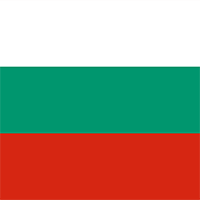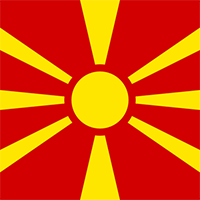


Origins
The Mental Health Facilitator (MHF) program, initially conceptualized in collaboration with the World Health Organization (WHO) and developed by NBCC, is designed to improve access to community-based mental health care, targeting the imbalance between mental health care needs and resources. The MHF program consists of a training framework and a defined set of helping and referral skills and generates a registry of individuals who have completed the training.
The intent is not to create a new mental health profession, but rather to provide individuals with the tools and skills necessary to identify mental health needs, make referrals, and work with and support those in need of mental health care. Mental Health Facilitators are not a new professional group, they retain their professional identity and augment their work with MHF skills, complementing existing care resources. Depending on the need, MHF registrants may be initial helpers of choice, serve as referral sources for professional mental health services, or both.
Globally, many people live with unmet mental health care needs. Existing service resources are overwhelmed, and, in many areas, there are no services dedicated to mental health at all. A possible solution to respond to these needs is to expand service capacity by increasing community response capacity.
Through training and skills practice exercises, the MHF curriculum prepares community-based helpers to:
-
address special topics in health–related issues.
-
connect local potential, needs with resources.
-
encourage choice with empathy, integrity, and respect for diversity.
Who Are the MHFs?
MHFs can be any community members (e.g., medical doctors, nurses, social workers, teachers, volunteers) with or without formal mental health training.
MHF program developers do not intend to introduce MHFs as members of a new profession. Providers retain their own professional identity (e.g., physician, teacher) and add mental health facilitation skills to their practice.
The role MHFs have, in the overall spectrum of services, is defined on a context-by-context basis.
MHFs can help in:
-
nongovernmental organizations (NGOs)
-
schools and universities
-
companies
-
hospitals and clinics
-
long-term care facilities
-
community centers
-
disaster response organizations

Key Points
MHF Home MHF TrainingInterested in Becoming a Registered MHF?
Join a growing worldwide community of registered MHFs!








